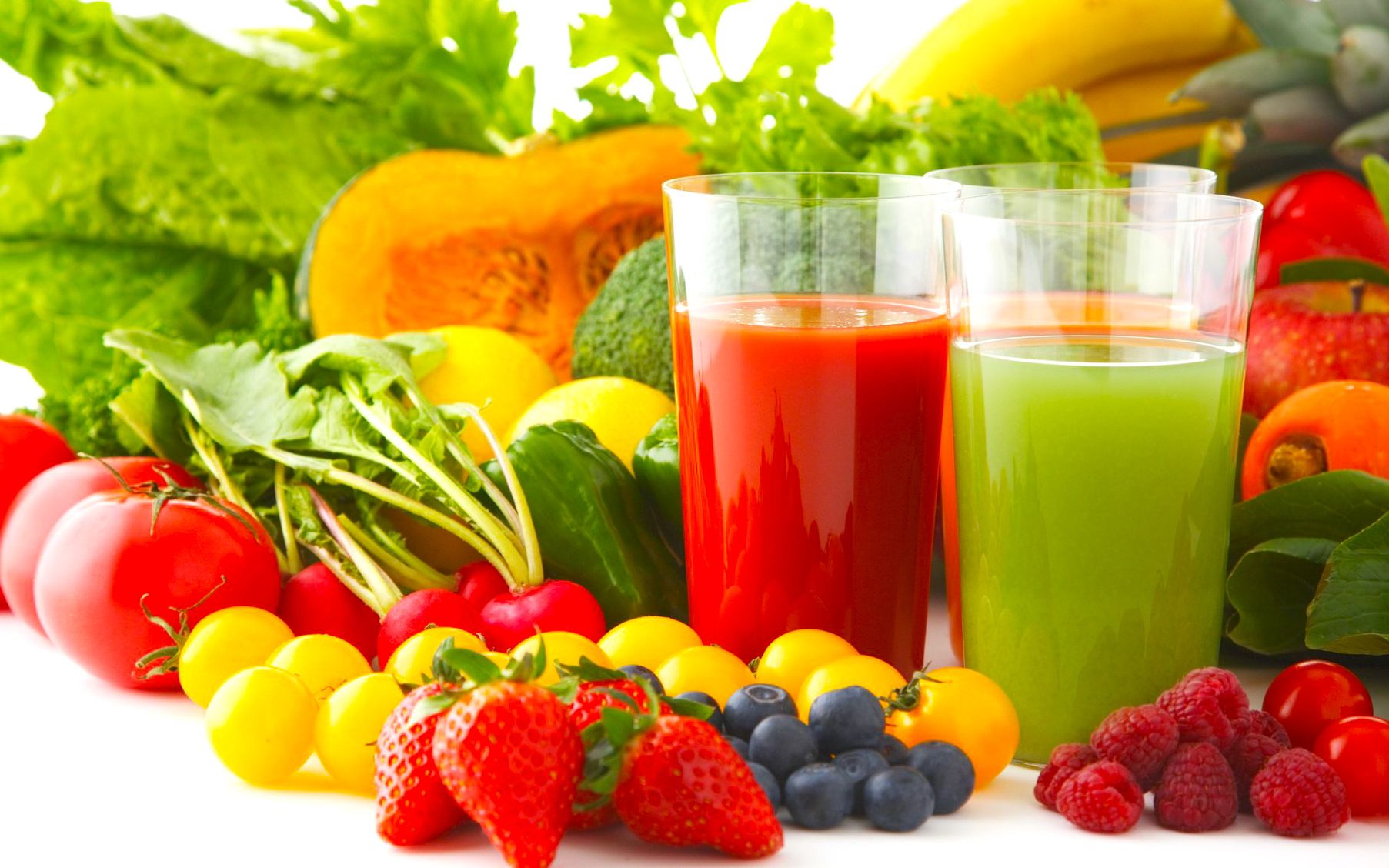
Both alcohol and caffeine are common components of many people’s diets, but they can have significant effects on blood pressure. Understanding how these substances influence hypertension is crucial for managing and preventing high blood pressure. This article examines the impact of alcohol and caffeine on blood pressure and provides guidelines for safe consumption.
Alcohol and Hypertension:
Short-Term Effects: Alcohol can cause a temporary increase in blood pressure shortly after consumption. This effect is more pronounced with excessive drinking.
Long-Term Effects: Chronic heavy drinking can lead to sustained high blood pressure and increase the risk of developing hypertension.
Moderation Guidelines: For those with hypertension, it’s recommended to limit alcohol intake to moderate levels—up to one drink per day for women and two drinks per day for men.
Caffeine and Hypertension:
Immediate Impact: Caffeine can cause a short-term spike in blood pressure, especially in individuals who are not regular caffeine consumers.
Long-Term Impact: The long-term effects of caffeine on blood pressure are less clear, with some studies suggesting that habitual coffee drinkers may develop a tolerance to its blood pressure-raising effects.
Safe Consumption: Limiting caffeine intake to no more than 400 milligrams per day (about four cups of coffee) is generally considered safe for most people. However, individuals with hypertension should monitor their response to caffeine and adjust their intake accordingly.
Balancing Alcohol and Caffeine in a Hypertensive Diet:
Alcohol: Opt for alcohol-free or low-alcohol alternatives. Consider limiting consumption to special occasions rather than daily use.
Caffeine: Gradually reduce caffeine intake if you notice it affects your blood pressure. Explore decaffeinated options or herbal teas as alternatives.
Conclusion: Both alcohol and caffeine can influence blood pressure, but by understanding their effects and consuming them in moderation, individuals can better manage their hypertension. Making informed choices about these substances can lead to improved heart health and reduced risk of hypertension-related complications.